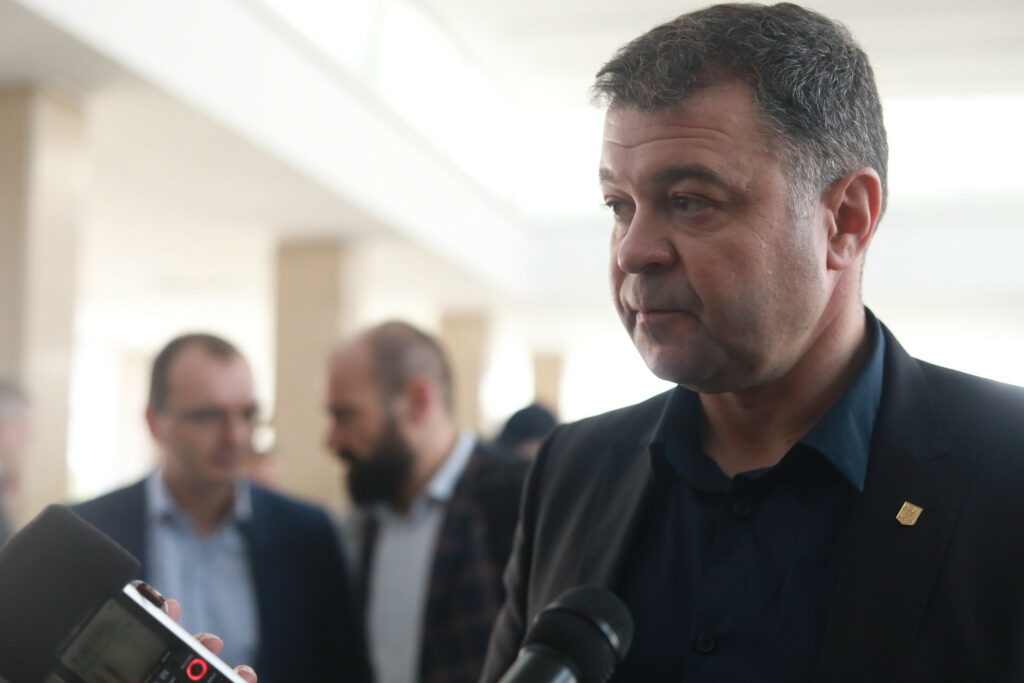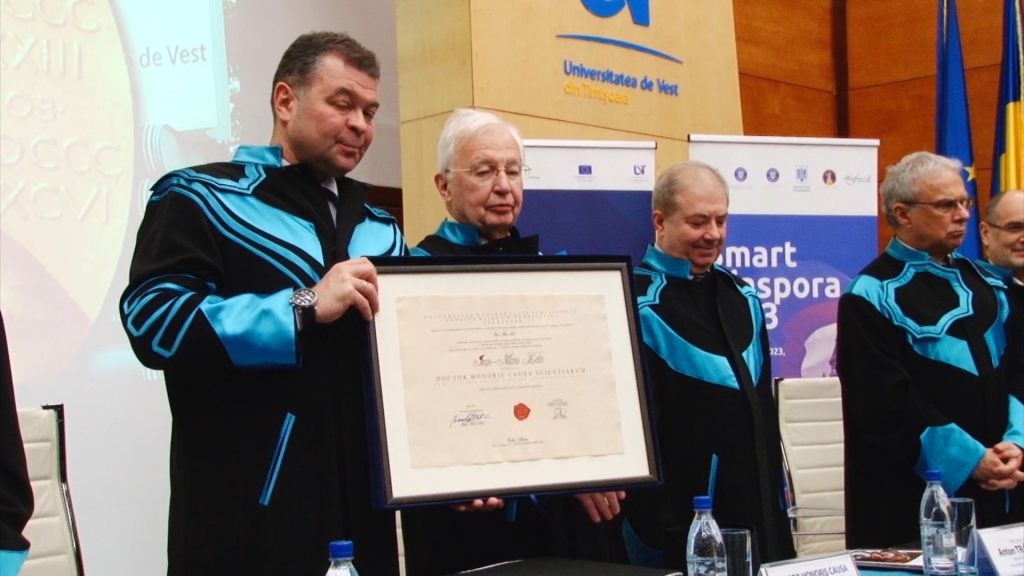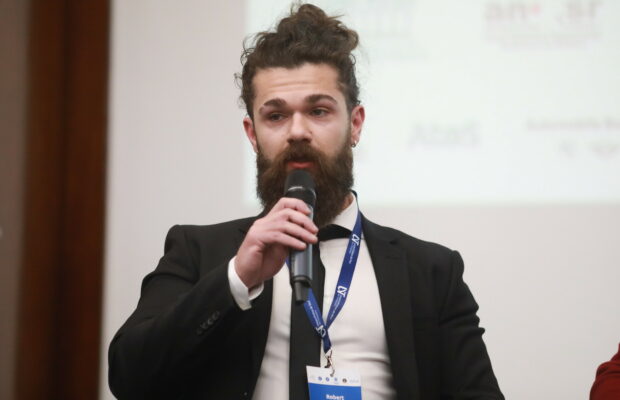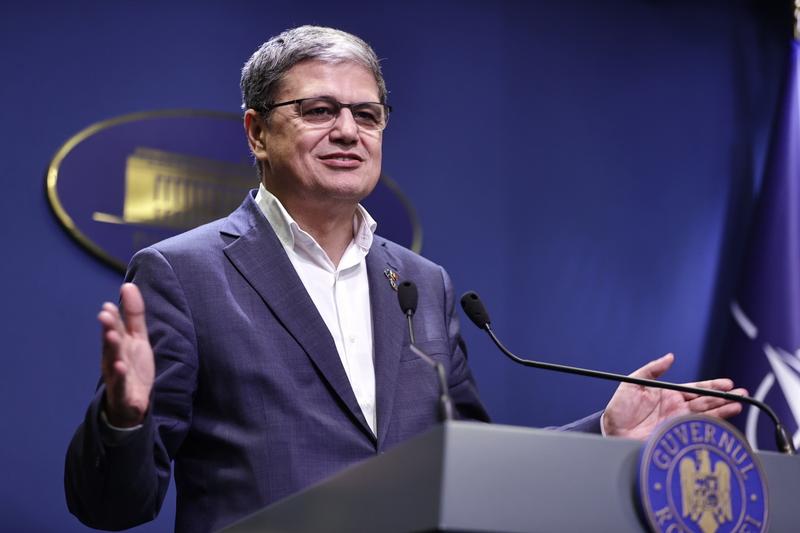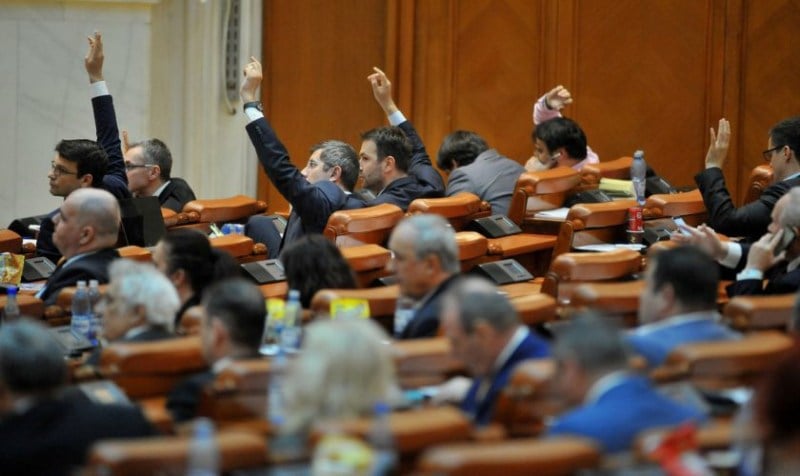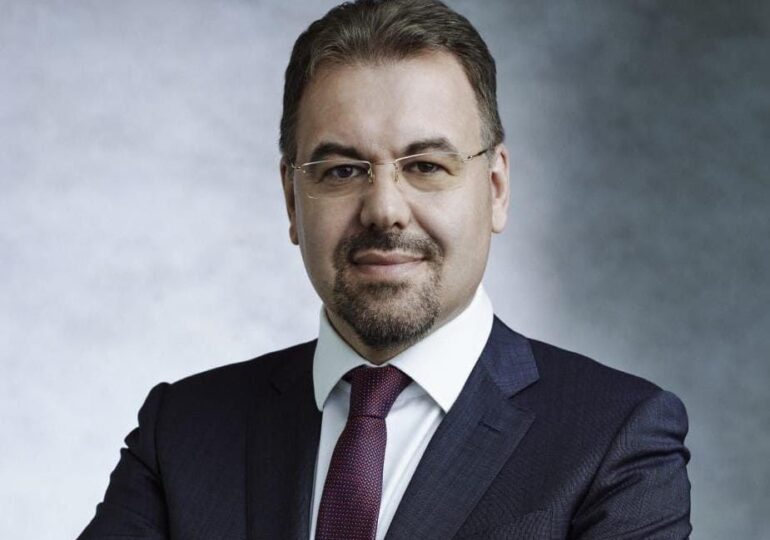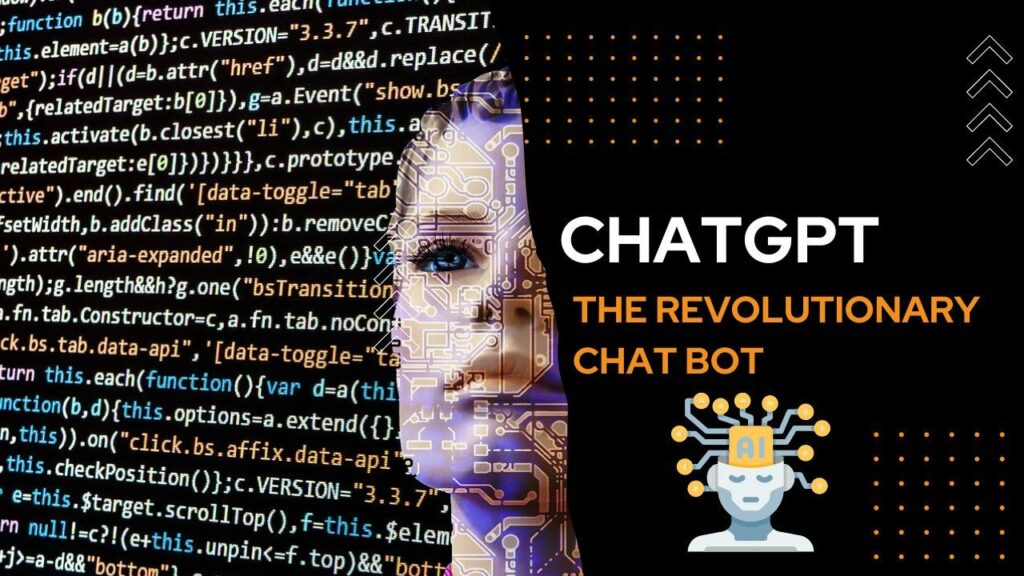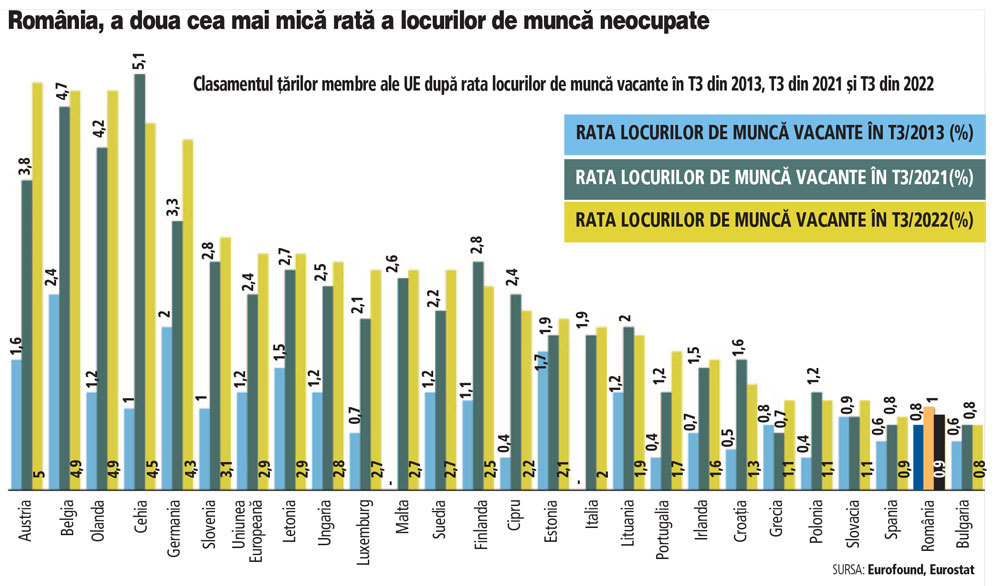38 exploratory workshops, eight of which were hosted by the Polytechnic University, opened up the possibility of a dialogue about current topics of science and education.
Whether it was migration, smart cities, entrepreneurial culture, medicine, chemistry, cyber security or humanities, all the panels discussed the challenges of new technologies.
The acceptance speech of the title of Doctor Honoris Causa of the University of the West awarded to the Nobel laureate for chemistry, Jean-Marie Lehn, gave the researcher the opportunity to stress apodictically that "the development of science is an irreversible process. We can't turn it back."
"Knowledge cannot be erased. We must move forward on the path that leads from the pursuit of knowledge to the control of our destiny,” he said.
The teacher of the former Minister of Education, Daniel Funeriu, who delivered the Laudatio, noted that he had very talented Romanian colleagues throughout his career. "They have contributed significantly to our work and have been very active both in their home university and around the world," the professor pointed out.
A national study that followed the perception of students and teachers regarding hybrid higher education - online and face-to-face -, carried out by researchers from public universities in Ploiesti, Craiova and Bucharest, shows that teachers are more reluctant to online assessment than students, for fear of fraud.
Based on the study's conclusions, the Romanian Agency for Quality Assurance in Higher Education (ARACIS) excluded online assessment from the standards imposed on universities.
Free Europe spoke with Romanian professors from the diaspora to find out how the advantages and disadvantages of new technologies are approached in universities abroad, how students are evaluated, to what extent plagiarism is present and how it is sanctioned.

